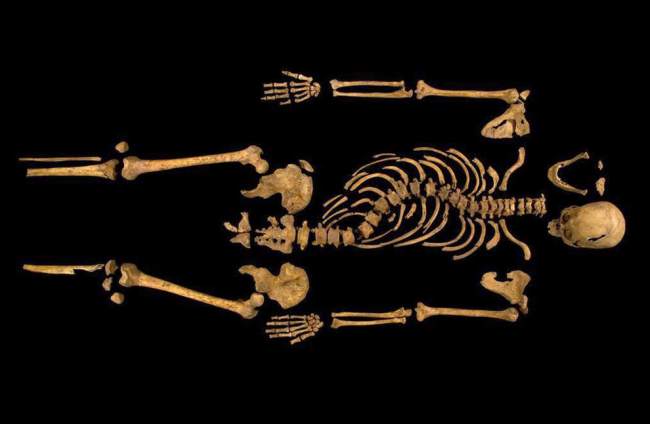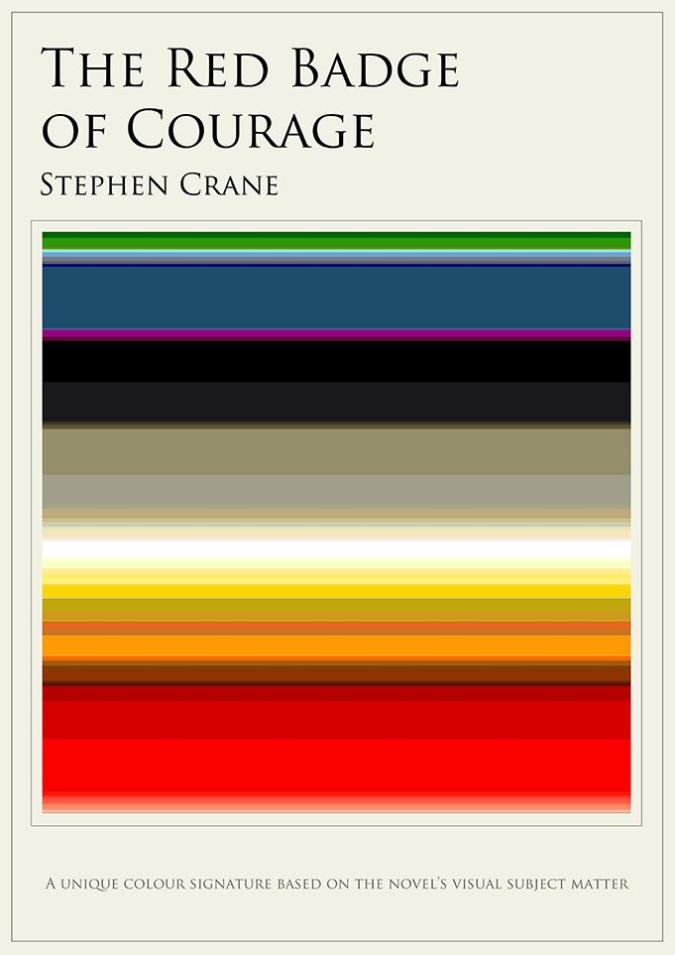If any of you know the college scramble to sign up for courses – waiting until the exact moment when your ID number unlocks, signing up for three extra courses to decide later which prof has better ratings on ratemyprofessor.com, to thinking you’re stuck with two classes that overlap 15 minutes until someone drops out of a coveted spot after the first day of class – then you’ll understand how this book came to sit on my shelf.
Three years ago, I had the unlucky accident of being in the last group to sign up for classes at uni. I was stuck with two classes that overlapped: one of which I would perpetually leave early, the other I would perpetually arrive late. Finally, someone dropped from a different Lit course and I snuck on in, still stuck with the books I had bought for my original class, World Literature.
Playing in the Light, by Zoe Wicomb, was the only book I could not return to Barnes and Nobles. For three years, it sat on my shelf in LA – alone and forgotten. Until I moved to Melbourne. I couldn’t fathom moving without any books to read before I scouted out my first bookshop, and since I was determined to fit everything into one suitcase, I needed paperbacks.
Here is where this book walks back in. Being one of the only paperbacks I hadn’t read, and having a very interesting cover design, I decided to take this book. I’m glad I did.
“Playing in the Light” is a book about paradoxes. It is set in a 1990s South Africa that has moved past Apartheid, but that doesn’t know what the implications of their country’s new politics means in everyday life. It is about a travel agent who doesn’t like traveling. About a white child who is really “black.” About a story being told only to find out that the teller never actually knew the story.
This was a well written, beautifully simple book about a subject that had only ever existed in history books for me. I really enjoyed Wicomb’s writing, and think that her use of “light” throughout the book was masterful. At its heart, like many books before and I’m sure quite a few books after, this is a story about what heritage (specifically racial heritage) means:
“If the whiteness they pursue is cool and haughty and blank, history is uncool, reaches out gawkily for affinities, asserts itself boldly, threatens to mark, to break through and stain the primed white canvas that is their life.”
While I did enjoy this book, it was not without issues. At one point, we are given an entire chapter written from the perspective of the long-dead mother filled with information that no other character has and which has little to do with their development because of that. The ending was meant to be profound, I’m sure, but after the beauty of the previous prose, it was just choppy and stunted.
If you like literature, I would recommend this book. If you want a fun read, skip it.
ESSAY HELP:
Freshman essay: What does race mean in a modern world? What makes someone a certain race?
Sophomore essay: Analyze the importance of travel in the novel. Why is it necessary that Marion leaves Cape Town at the climax of the book?
Junior essay: How did the politics of the past manifest themselves in the “present-day” of Wicomb’s 1990s Cape Town? Is the political world of the novel an accurate representation of historical post-Apartheid South Africa?
Senior essay: Analyze race relations between Wicomb’s “Playing in the Light” and her previous novel “David’s Story.” What does “light” as a signifier do to change the treatment of race in these two books?





